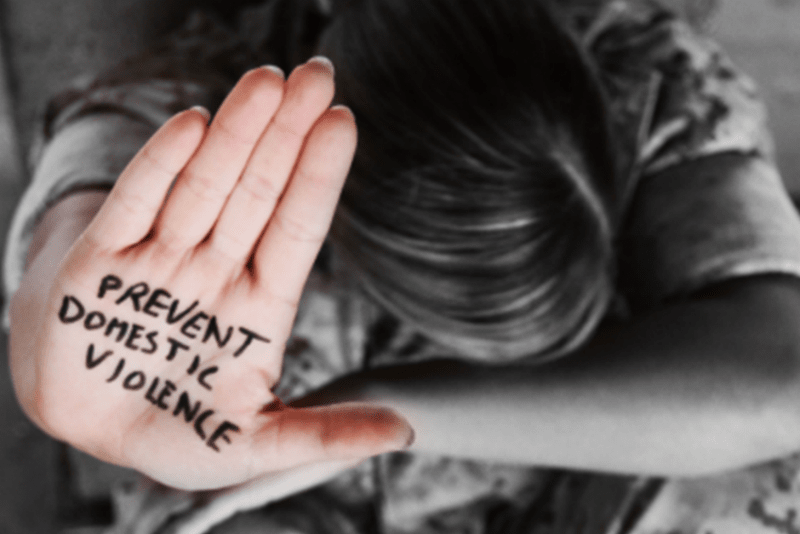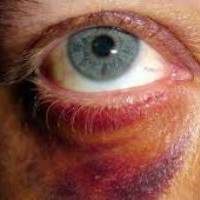 LGBTQ organizations bring forth awareness of IPV and provide community action toolkits
LGBTQ organizations bring forth awareness of IPV and provide community action toolkits
On April 29th, The National Coalition of Anti-Violence Programs (NCAVP) in association with GLAAD, the National Center for Transgender Equality (NCTE), the National Black Justice Coalition (NBJC), the Gay and Lesbian Taskforce and Trans People of Color Coalition (TPOCC) released two community action toolkits that provide LGBTQ communities, survivors of intimate partner violence, and advocates working on their behalf, resources to address IPV on the individual and community level.
The toolkits are focused specifically on intimate partner violence in transgender and people of colour communities and highlight the adverse impact of intimate partner violence on transgender individuals and LGBTQ people of colour. NCAVP’s annual report Intimate Partner Violence in Lesbian, Gay, Bisexual, Transgender, Queer, and HIV Affected Communities in 2012, released on October 1st, 2013, documents the disproportional impact of intimate partner violence on transgender people and people of colour.
In 2012, a majority (52.4%) of the victims of intimate partner violence homicides were people of colour; they were more likely to suffer injuries, require medical attention, experience harassment, or face anti-LGBTQ bias as a result of intimate partner violence. In addition, transgender survivors were more likely to face threats and intimidation, harassment, and police violence as a result of intimate partner violence. Additionally, according to the U.S. Centers for Disease Control and Prevention, lesbians, gay men and bisexual people experience IPV at the same or higher rates as non-LGB people.
These toolkits provide communities with a better understanding of LGBTQ intimate partner violence and tools to raise awareness about IPV in their communities. The toolkits also include resources that help survivors plan for their safety in an abusive relationship and when interacting with law enforcement.
“Through our own research we have found that transgender individuals and people of colour are at higher risk for experiencing violence in intimate partner relationships and face multiple barriers when accessing services and seeking safety,” says Osman Ahmed, NCAVP’s Research and Education Coordinator at the New York City Anti-Violence Project.
Kylar W. Broadus, Senior Policy Counsel, Director of Transgender Civil Rights Project at the National Gay and Lesbian Taskforce, stated that violence among transgender lives is often ignored and that this tool will address and breakdown many obstacles that transgender people face in the cycle of domestic violence; it will also serve to educate and empower many.
“Many transgender people have been re-victimized when seeking relief or help from intimate partner violence, and many others have been too afraid to reach out for help at all,” says Harper Jean Tobin, Director of Policy for the NCTE. “Fortunately, that is beginning to change, and we believe NCAVP’s important new tools will support that change.”
Je-Shawna Wholley, Program Manager of the Emerging Leaders Initiative & Special Projects at the NBJC, indicated that these toolkits are crucial in addressing issues that often go unrecognized; city officials, service providers and community members are encouraged to use these resources to understand and address the high prevalence of intimate partner violence in LGBT communities of colour.
“These resources help us understand the epidemic of violence against the transgender community, and transgender women of colour specifically,” says Wholley.
Parker Hurley, Deputy Director of the TPOCC, highlighted that violence at the hands of life partners, and the police and society as a whole, is not inevitable for LGBTQ communities. Hurley notes these resources highlight that LGBTQ communities do not experience violence uniformly and provide actionable steps to address and end the disproportionate violence faced by transgender people of colour, more specifically, transgender women.
NCAVP works to prevent, respond to, and end all forms of violence against and within lesbian, gay, bisexual, transgender, queer (LGBTQ) and HIV-affected communities. NCAVP is a national coalition of local member programs and affiliate organizations that create systemic and social change and is a program of the New York City Anti-Violence Project.
For more info: http://avp.org/about-avp/national-coalition-of-anti-violence-programs
To Download Community Action Toolkits click the links below:
- Community Action Toolkit for Addressing Intimate Partner Violence Against People of Color
- Community Action Toolkit for Addressing Intimate Partner Violence Against Transgender People


